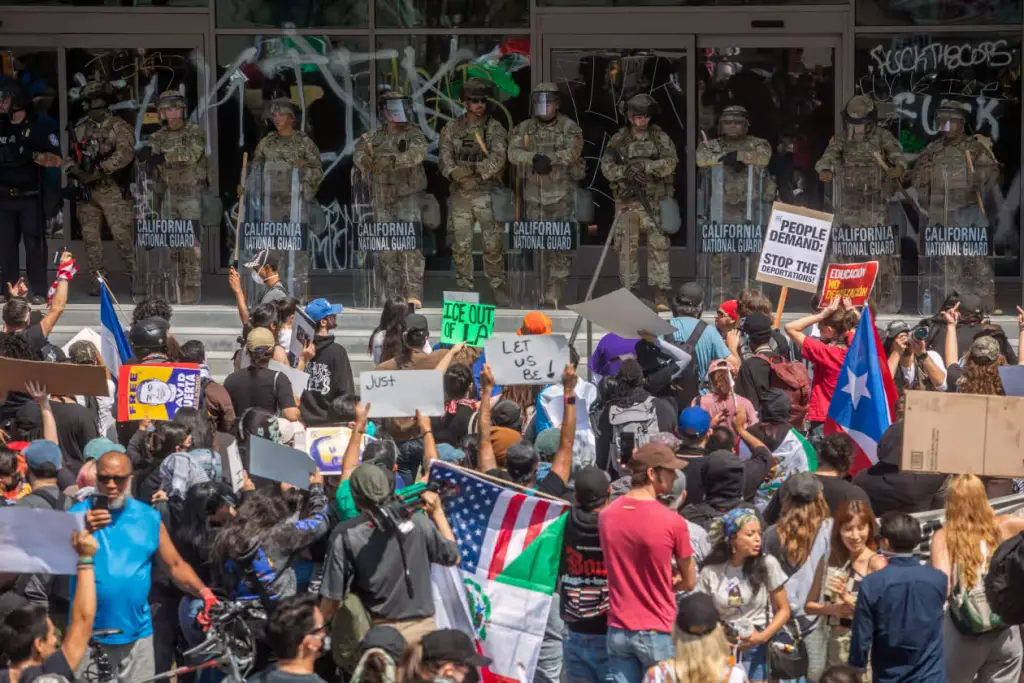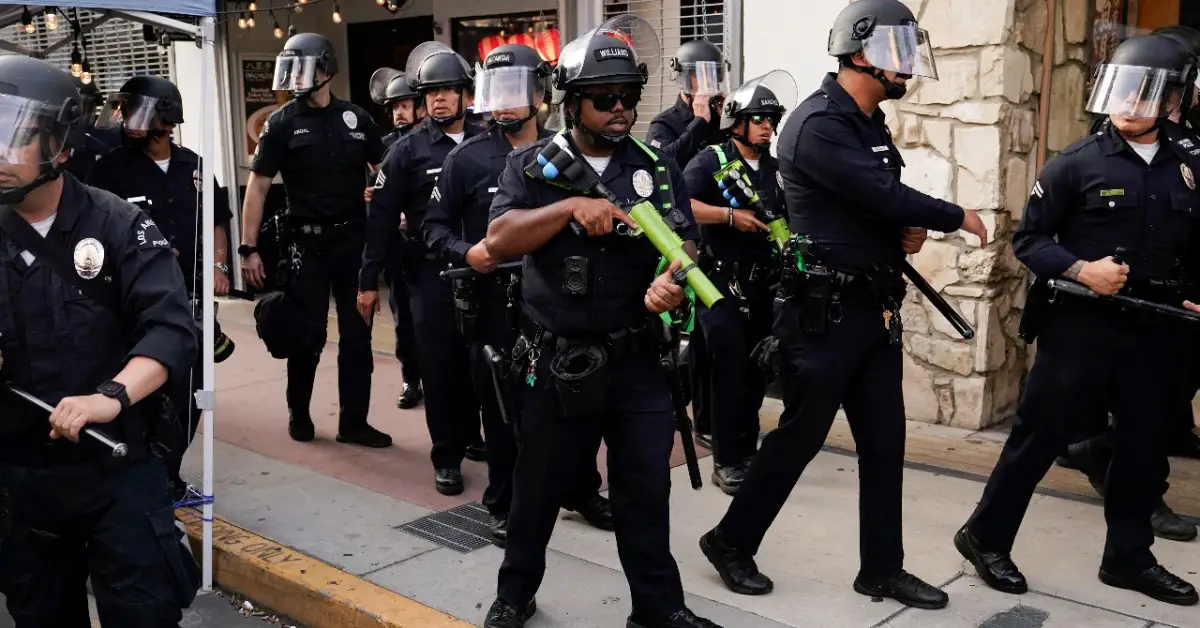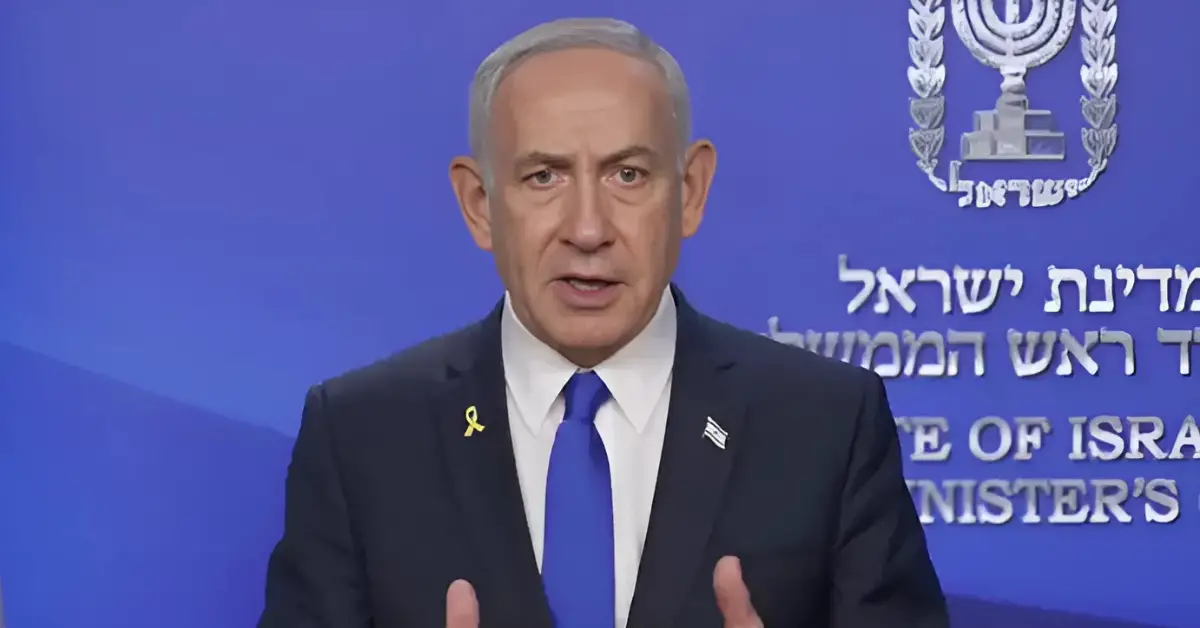California’s Attorney General, Rob Bonta, has publicly accused former President Donald Trump of “abusing his authority” in light of the recent deployment of 700 Marines to Los Angeles. The deployment, which was initially described as a step toward ensuring public safety and tackling increasing violence, has raised concerns over the extent of federal power being used in local governance.
The Marines were sent as part of a larger effort by the U.S. Department of Defense, aiming to provide support to local law enforcement agencies facing the challenges of rising crime rates in the city. However, the arrival of these military personnel has been met with growing opposition from various community groups and political leaders, who argue that the use of military forces in civilian areas is a dangerous precedent. Many have expressed concerns that this move undermines the principles of democracy and could lead to an overreach of federal authority into local matters.
California’s Attorney General, Rob Bonta, has been one of the most vocal critics of this deployment. Bonta emphasized that such actions could escalate tensions and further divide communities already struggling with the effects of crime and economic hardship.
He also stated that the use of military personnel for domestic policing tasks threatens the delicate balance between federal and state powers. Bonta’s comments have ignited a larger conversation about the role of federal forces in managing local law enforcement challenges, with some fearing the militarization of civilian spaces.

While the U.S. Department of Defense maintains that the deployment is a temporary measure, aimed at assisting local police forces in combating escalating violence, critics argue that the presence of military troops in neighborhoods and streets could provoke further unrest. Many have pointed out the stark contrast between the military’s role overseas and its presence on American soil, where it could potentially engage in situations better suited for community-based policing.
The situation has drawn comparisons to past incidents where the federal government intervened in local law enforcement issues, such as the deployment of National Guard troops during the 1992 Los Angeles riots.
While such interventions are not unprecedented, the presence of a large number of Marines—often viewed as elite forces—adds an additional layer of controversy. Critics fear that this move may be a sign of a growing trend in which the federal government exercises more control over local law enforcement, bypassing elected officials and community leaders.
In response to the criticism, a spokesperson for the Department of Defense stated that the deployment is in line with federal laws that allow for assistance to local authorities in cases of heightened criminal activity or civil unrest. They also pointed out that the Marines would not be engaging in active law enforcement duties but would instead be providing support services, such as surveillance and intelligence gathering, aimed at enhancing the effectiveness of local police departments.
Despite these reassurances, the deployment has sparked a fierce debate over the balance between national security and individual rights. With increasing polarization in American politics, the issue has taken on a symbolic importance, representing the ongoing tensions between state and federal powers. Proponents of the move argue that it is a necessary step to ensure public safety, particularly in cities grappling with rising crime rates, but opponents see it as an overreach of power, threatening the rights and freedoms of citizens.
As the situation continues to unfold, the deployment of the Marines in Los Angeles has brought a new wave of scrutiny to the role of the federal government in local affairs. With both political leaders and citizens deeply divided, the long-term implications of this decision remain unclear.
It remains to be seen whether this move will lead to lasting changes in how federal and state governments collaborate on issues of law enforcement and public safety, or whether it will be seen as an overstep of executive power that could further inflame the nation’s political divisions.




